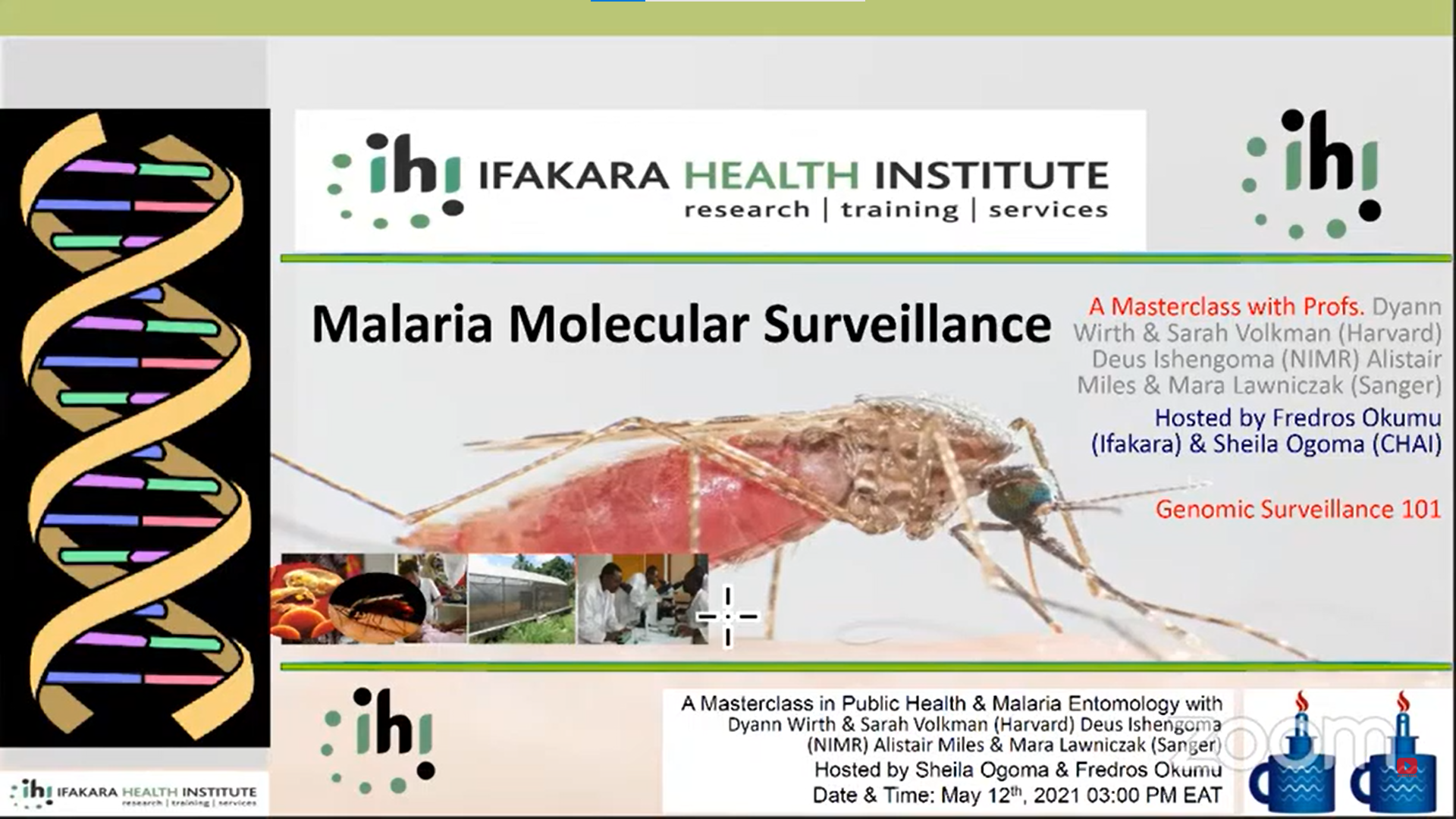Last Updated: 16/02/2024
Genomic surveillance for emerging Plasmodium knowlesi malaria
Objectives
To establish a costeffective, high-throughput genotyping platform that can inform policy makers on emerging public health threats such as outbreak strains, including those associated with greater morbidity, and to support targeted decision-making on where to prioritize interventions.
The macaque parasite Plasmodium knowlesi (Pk) is recognised as a significant health burden in Southeast Asia. Pk is highly prevalent in its natural monkey hosts (long-tailed and pig-tailed macaques) and can be transmitted from monkey to human via several mosquito species. Zoonotic transmission risk for human Pk infections remains poorly described in countries that are nearing elimination, despite likely waning cross-protective immunity from P. vivax, including Cambodia, Thailand, Vietnam, Myanmar, Laos, and the Philippines. In both Malaysia and western Indonesia, Pk has emerged as the most common cause of human malaria, accounting for >98% of reported malaria cases in Malaysia, despite commonly being misdiagnosed as Plasmodium falciparum (Pf) or Plasmodium vivax (Pv) . Drivers of increased Pk human infection prevalence are related to deforestation, and encroachment on the habitat of the wild macaque hosts, which results in a higher rate of contact between humans, mosquito vectors and the macaque Pk reservoirs.
Pk can cause severe, life-threatening disease, with a case fatality risk in adults at least as great as that of Pf in Southeast Asia, but at lower levels of parasitemia. It is because of this disease severity and increasing prevalence, that the World Health Organisation has designated Pk as an urgent research priority. The recent WHO Malaria Policy Advisory Group meeting in 2022 stated evidence of substantial Pk transmission will threaten national malaria elimination certification. Significant effort has been given to the elimination of the more common human malaria causing species Pf and Pv by national malaria control programs in Southeast Asia. These human Plasmodium species continue to provide the majority of the regional malaria disease burden. However, continuing progress towards elimination of Pf and Pv should not preclude efforts towards understanding and designing appropriate public health interventions for emerging Pk malaria. A broad interdisciplinary approach with appropriate molecular tools and sampling is needed to assist surveillance by national malaria control programs to understand transmission, changing parasite population structure and drug resistance.
The sample set will be an aggregate of samples provided by several partners and collaborators, with a maximum of 30 samples allocated for within this budget. This will include samples from across Indonesia (North Sumatra, Aceh and North Kalimantan), Peninsular Malaysia, and additional samples potentially sourced from Vietnam and Myanmar (the inability to source these additional samples from Vietnam and Myanmar will not prevent us from producing 30 new Pk whole genomes). Approximately 5 Pk samples previously collected from infected wild macaques based on a collaboration at the Sabah Wildlife Department will also be included. These samples will undergo whole genome paired end sequencing using Illumina short reads, with a goal of achieving 30x coverage for reliable downstream processing. Previously generated Pk whole genomes, both publicly available (n = 108) from across Malaysia, and at the Menzies School of Health research (n = 96) from Sabah, Malaysia, in addition to wholes genomes from Thailand currently in progress from an external research group (n = 6) will be processed together with this newly generated dataset to create a VCF to be used for marker selection.
Nov 2022 — Oct 2023
$15,000


